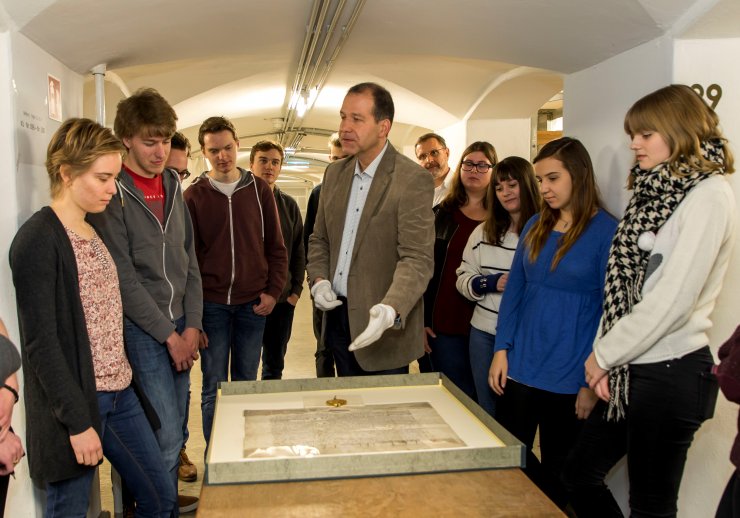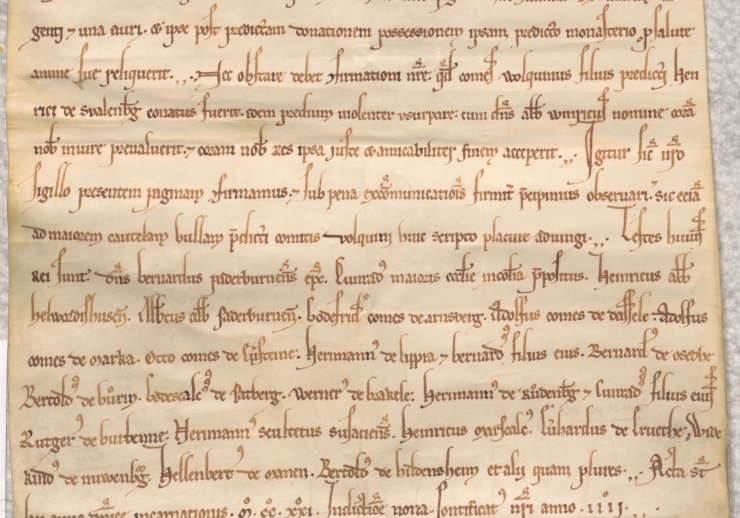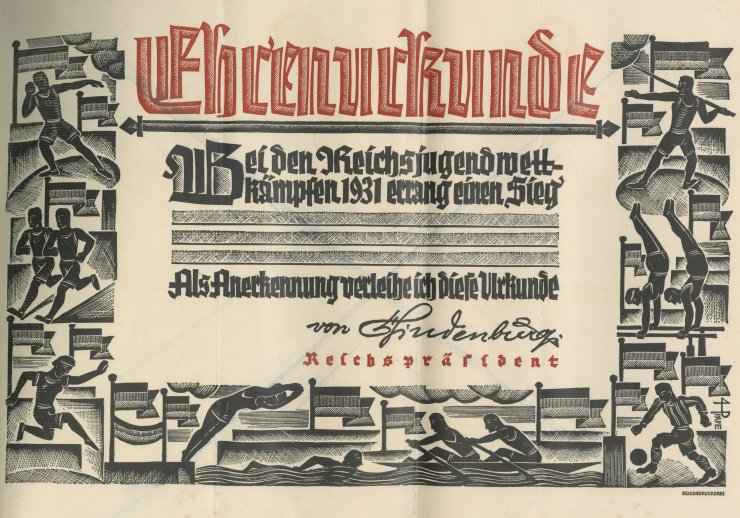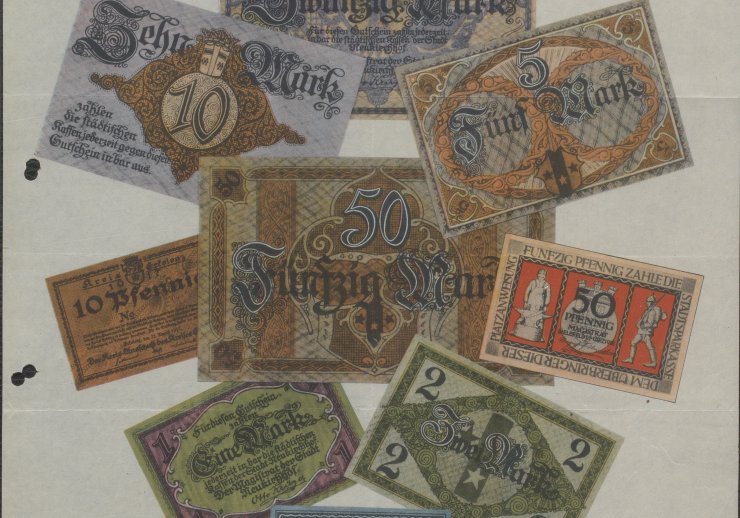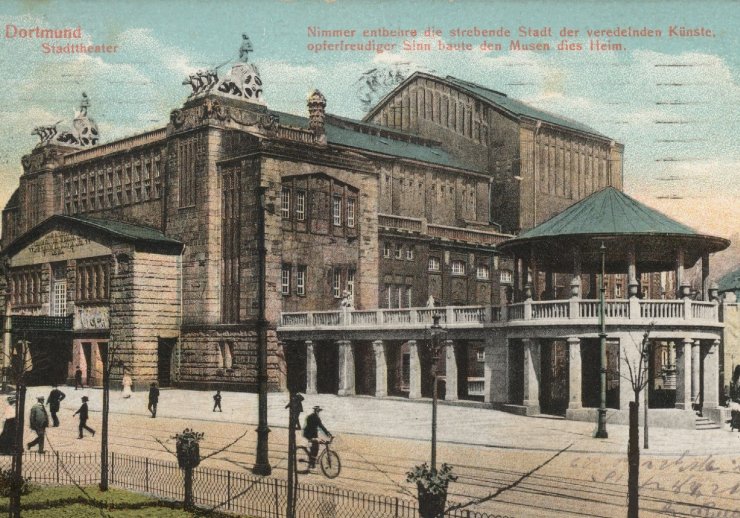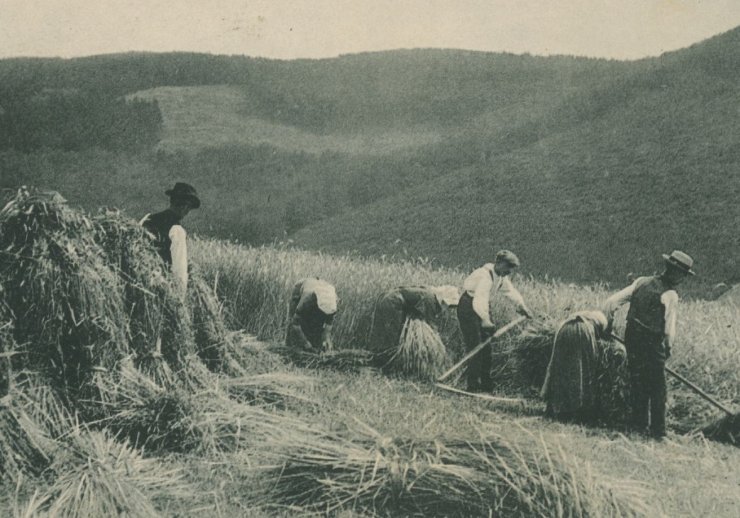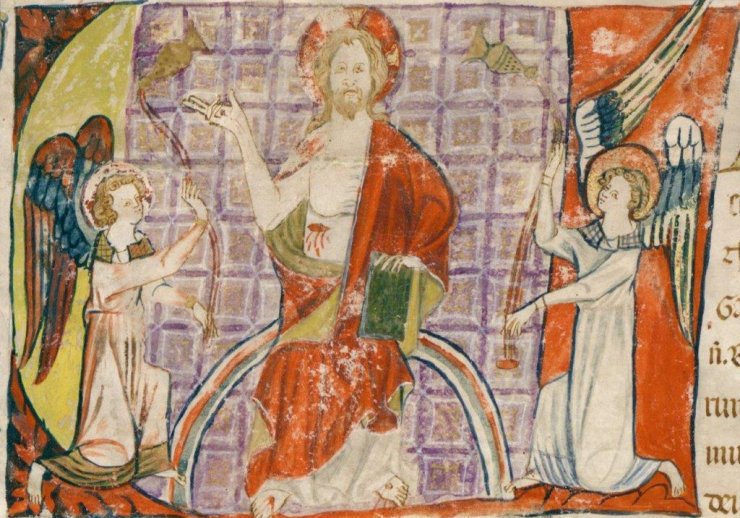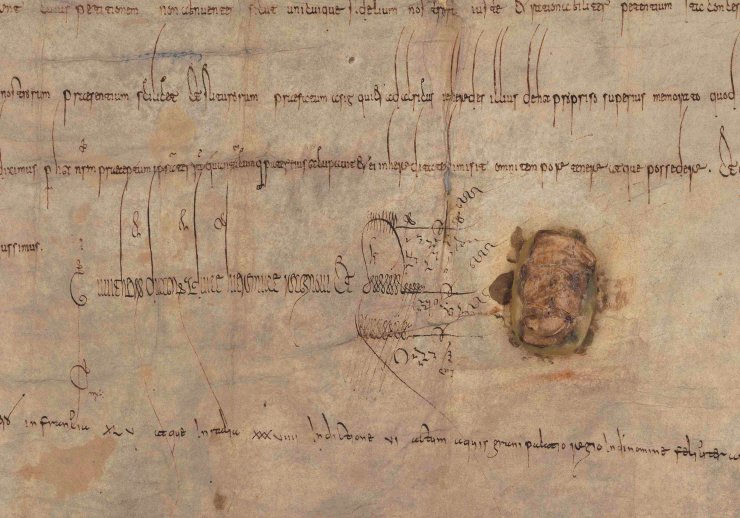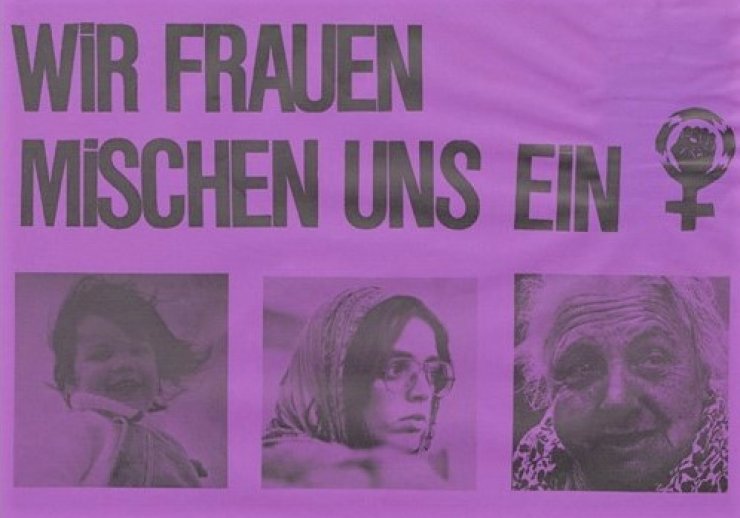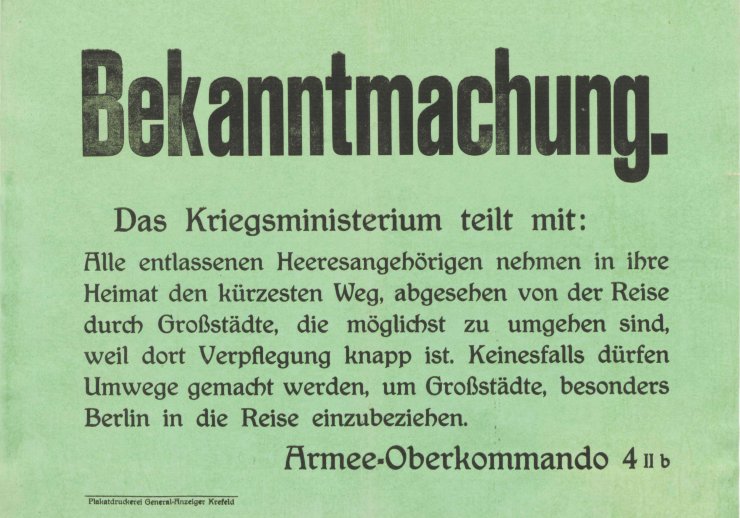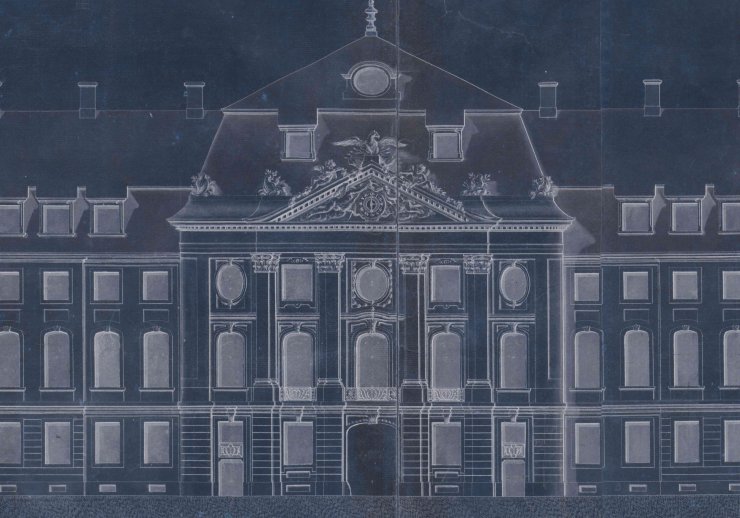Exhibitions and events
There is no exhibition space in the Westphalia Division. Therefore, we are presenting a few online exhibitions here. You can find information about current events on the homepage of the Landesarchiv or the Westphalia Division.
Online-Ausstellung: SCHULD UND SÜHNE
Online exhibition: SCHNELLER, HÖHER, WEITER – SPORT, SPIEL UND LEIBESÜBUNGEN
Online exhibition: GELD, KREDIT UND WERTPAPIERE
Online exhibition: Kunst und Kultur in Westfalen
Online exhibition: "BAUER, PFLUG UND SCHOLLE"
Online exhibition: Von Recht-, Anders- und Ungläubigen
1235 years after the baptism of Widukind, Duke of Saxony, 1215 years after Liudger was consecrated as the first bishop of Münster, and 485 years after the end of the Münster Anabaptist sect, the Westphalia Division of the Landesarchiv Nordrhein-Westfalen provided insights into the countless traces left behind in writing and images by religious and ideological thinking, actions and suffering in its Archive of the Month for 2020. On the one hand, the selected documents highlight what people (primarily) in Westphalia believed and therefore did or endured. On the other hand, they also remind us that it always remains a question of perspective as to who is considered orthodox, heretical or even unbelieving.
The oldest surviving document in Westphalia
Online exhibition: 100 Jahre Wahlrecht für das „andere Geschlecht“ in Deutschland
Online exhibition: 100 Jahre Kriegsende und Revolution
In 2018, the Westphalia Division focused on the ‘catastrophe of the 20th century’ in its ‘Archive of the Month’ series, marking the 100th anniversary of the end of the First World War and the November Revolution with its consequences. The selected documents reflect the complex intertwining of different levels of action in that they highlight events at the imperial level as well as events in Westphalia. Chronologically, they also extend beyond 1918 to shed light on the further turbulent period of upheaval.
Online exhibition: Architektur in Westfalen
In 2017, the Westphalia Division took the 250th anniversary of the laying of the foundation stone of the Prince-Bishop's Residence Castle in Münster on 26 August 1767 as an opportunity to look at Westphalian architectural history in twelve examples as ‘Archival Document of the Month’. Without claiming to be representative, the exhibition focuses on views and plans of buildings of various types and from different periods, ranging from 17th-century castles to 20th-century social housing.
Online exhibition: Die belebte Natur der Vergangenheit
Even though the documents stored in an archive generally deal with human deeds and destinies, plants and animals also appear here and there in the collections – and we are not (only) referring to mice and their gnaw marks on documents, dead spiders and flies in files, or blooming mould. Beyond these unwanted representatives, fauna and flora also play a substantive or at least decorative role in quite a few archival sources.
In 2016, the online exhibition highlighted ‘the living nature of the past’ as the archive item of the month.
- Copy URL
- Facebook share
- X
